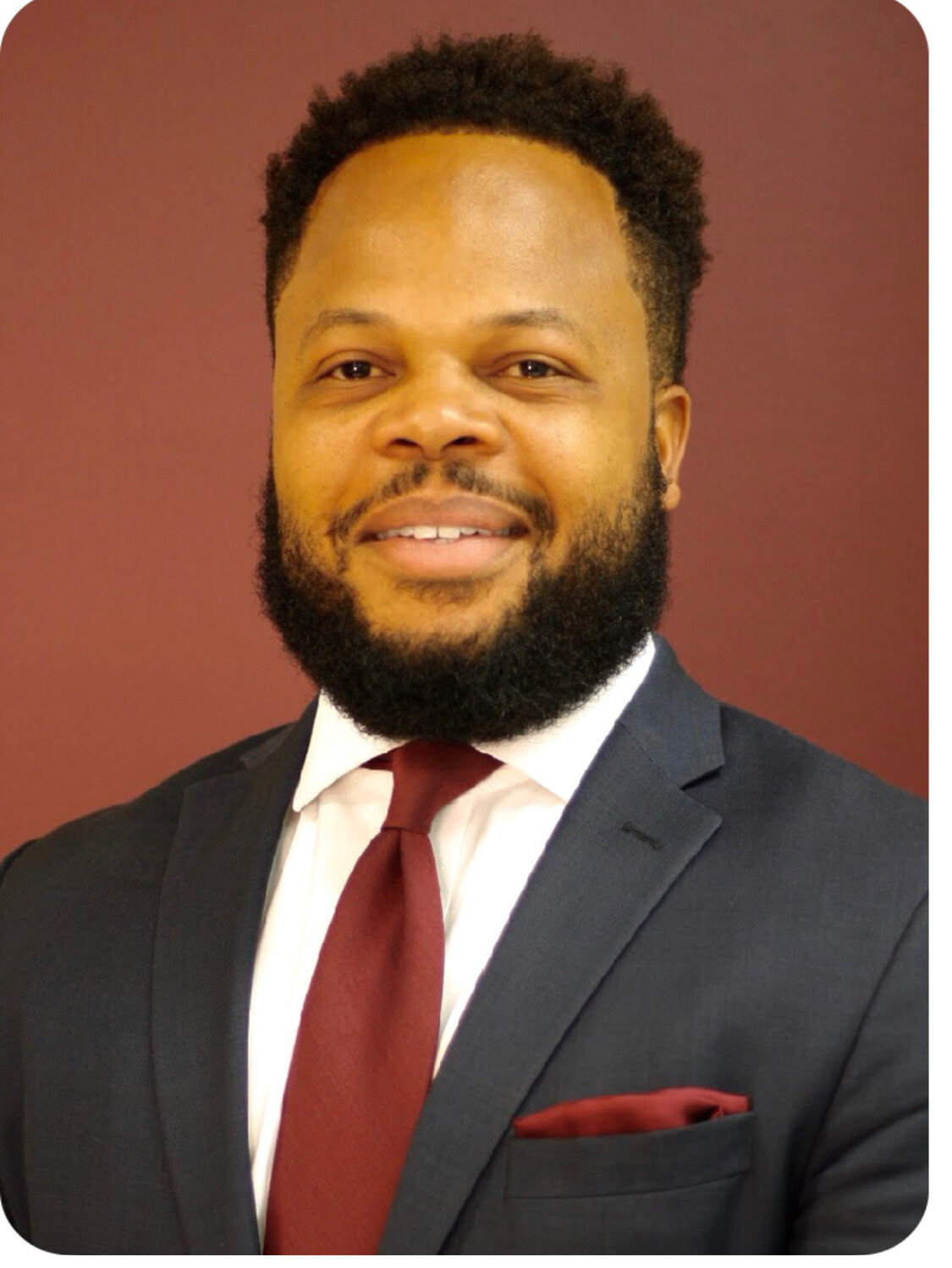These past several months, while exceptionally challenging at times, have also been inspiring. We’ve seen our community come together to care for our neighbors in need, springing into action to support those most adversely affected by the pandemic.
Through our COVID-19 Emergency Response Fund, were able to invest $7 million to support low-wage workers who have been laid off, expand access to medical care, provide shelter and services to people experiencing homelessness, increase food access, and so much more. This would not be possible without our compassionate donors – a diverse group of individuals and businesses who helped us mobilize $8 million for coordinated relief and recovery efforts. Thank you for standing with us to make a difference.
You can read about our impact here – and, below, learn more about how our nonprofit partners helped create this impact. Their stories of kindness and courage are truly inspiring.
Bread for the City
Since the start of the pandemic, Bread for the City, a DC-based nonprofit that provides food, medical care and legal and social services to low-income residents, has experienced a fourfold increase in demand for their food program.
“[We typically] distribute 5,000 bags of groceries per month. Now, we distribute 5,000 bags of groceries each WEEK.”
As one of our COVID-19 Response partners, Bread for the City was able to deliver 50,000+ grocery bags within four months, distributing packages with nutritious food to thousands of families in the region. As the pandemic continues, they plan to utilize their virtual advocacy program to understand emerging needs – and advocate for their clients.
“We seek justice through community organizing and public advocacy. We are committed to treating our clients with the dignity and respect that all people deserve.
Capital Area Food Bank
Capital Area Food Bank (CAFB) purchased food and distributed over 70,000 emergency food boxes across Washington, DC, Maryland, and Virginia during their three month COVID-19 Emergency Response grant period. Currently, they are preparing to provide 49 million meals across the region over the next year.
CAFB was also able to disburse partner grants to nonprofits in their network. During the COVID-19 grant period, they awarded over 135 grants of nearly $700,000 to nonprofits throughout the region.
Ultimately, CAFB is able to continue fulfilling their mission during this critical time: creating access to good, healthy food – in every community.
Fresh Farm Markets, Inc.
Fresh Farm Markets promotes sustainable agriculture and improves food access and equity in the Mid-Atlantic region. Throughout the pandemic, they’ve delivered 12,725 produce bags to vulnerable populations throughout the DC Metro region – the equivalent to 271,057 servings of fruits and vegetables.
And, in partnering with the Virginia Hospital Center, Freshfarm delivered fresh produce weekly to uninsured pregnant women in Arlington.
“These women are already struggling to put food on the table, let alone in the midst of a pandemic,” said Dr. Melissa Duncanson, a resident OB/GYN at Virginia Hospital Center who has seen firsthand the impact of this program. (You can read more here.)
Other notable impact milestones include
Collaborating with various nonprofits and food pantries to produce an additional 2,000-5,000 pounds of bulk produce per week to 23 hunger relief organizations that helped to serve 9,000 families.
Making 8,150 produce deliveries to families with young children within two months. The produce deliveries equate to over 150,000 servings of fruits and vegetables.
Kings & Priests Court Int'l Ministries, Inc.
“History was made today at the Kings and Priests’ Court International Ministries in Silver Spring, Maryland. [When I drove by,] I saw a sea of long lines heading towards the church. I thought the church was having a special day - little did I know the church was distributing food” -Usiff. S.
Kings & Priests Court Int'l Ministries’ mission is to “redeem, raise, and reproduce.” The church works to raise community members within the local church, helping nurture them into effective disciples.
In response to the pandemic, the church has nurtured the community in a different way: providing food and meals to families in Montgomery and Prince George’s Counties. Within three months, they’ve provided food to over 2,500 individuals and families. We are proud to support their service as one of our COVID-19 Response partners.
They’ve prioritized immigrant communities, many of whom have been disproportionately impacted by the pandemic, even serving food that is culturally and ethically appropriate.





















